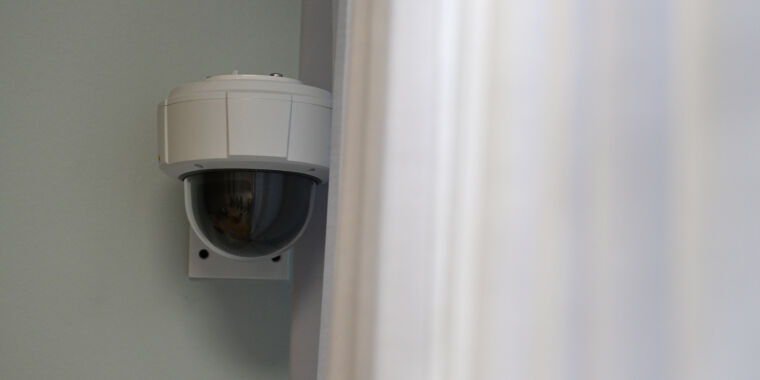As long as the data is being stored SECURELY and LOCALLY, this might be a good thing. Assuming the original video exists to settle disputes, it might be a good thing for patient outcomes
not every hospital will follow that though…
In before some company pops up to “centrally manage” all this data that 90% of the hospitals start using then said company gets hacked. There is exactly zero chance this gets stored securely and a minuscule chance it gets stored locally.
It probably is already a contracted service, and not installed and managed by local IT.
Partly because no one has the IT resources to do it all to start with, secondly it’s probably how it’s sold (vendors love getting their foot in with installations, then have a years-long contract for maintenance). Third, it’s a typical business move to offset risk by contracting a service - since they’re paying someone else to install and manage the system, if something goes sideways the vendor eats it.
It’s also financially useful - business doesn’t own the hardware or anything, so the cost of the contract comes out of your profit column, reducing tax liability. While ownership it’s part of assets. Bean counters really like contracted services.
Source: worked in enterprise IT for some time, this is SOP for these kinds of systems.
Also, this is a crock of shit, because we know it will get messed with.
The only orgs I’d have any faith in making such systems would be the data or physical security orgs within companies. Their whole reason for being is to reduce risk to the company. For example - to even get a sql script from/to a vendor, we create an sftp box specifically for that purpose/vendor. But setting up the dropbox requires multiple levels of approvals, from different internal orgs, with all of us attached to the risks.
Then the password is provided through a checkout system, with a limited lifespan (depending on the dropbox), which is tracked, along with accesses to the box, and what’s transferred and to where. Every few months everyone has to re-approve the box (you’re really re-approving permitting a known risk).
You should see the piss poor info sec practices hospitals have now.
I cant wait til they have to handle AV data too!
deleted
It is neither black nor box. If you were to ask if it could be any less box the answer would be “none” none less box.
The AI stands for ‘actually isnt’, actually isnt black box
Well. Would it put more pressure on the operating room staff?
I want a relaxed surgeon.
Yes, and no. FTA They found a team in the hospital was not properly preparing The skin around incision areas.
It may make them a little less relaxed but will also keep them from being sloppy.
Oh yay, the AI will know the best ways to take us apart. I mean repair us.
It’s not there to guide the surgical procedure. It will be running image inspection looking for tools, skin color changes, and other very small vital signs that the team might not pick up. It will also be taking the data from the patient’s monitors and cross referencing their data against details of known medical issues.
This is the best summary I could come up with:
AI-powered surveillance technology is quickly making its way into hospital operating rooms around the country, where it works to constantly collect audio, video, patient vital signs, and a wealth of other surgical data, all in the name of improving safety and efficiency.
The software aggregates and analyzes the data and reports back to the hospitals with insights on protocol compliance, efficiency, safety audits, quality controls, and key video and audio clips for review, annotation, and education.
For example, the Boston Globe noted that Duke Health in North Carolina started using an OR Black Box four years ago and realized after looking at the data that its surgical teams weren’t carefully following the protocol for preparing patients’ skin for incisions.
“It’s the simple things that we thought we were doing well,” Christopher Mantyh, professor of surgery and vice chair of clinical operations at the Duke University School of Medicine, told the Globe.
At Mayo Clinic, which installed Black Boxes in late 2021, hospital administrators used the technology to figure out that key surgical equipment was not optimally arranged in some of its operating rooms.
“There have been a lot of positive changes around teamwork and team function and how we respond to things,” Sean Cleary, MD, a surgical oncologist at Mayo Clinic, told Becker’s Hospital Review.
The original article contains 774 words, the summary contains 215 words. Saved 72%. I’m a bot and I’m open source!








